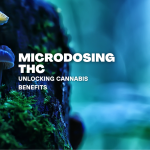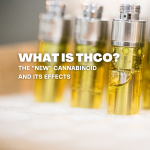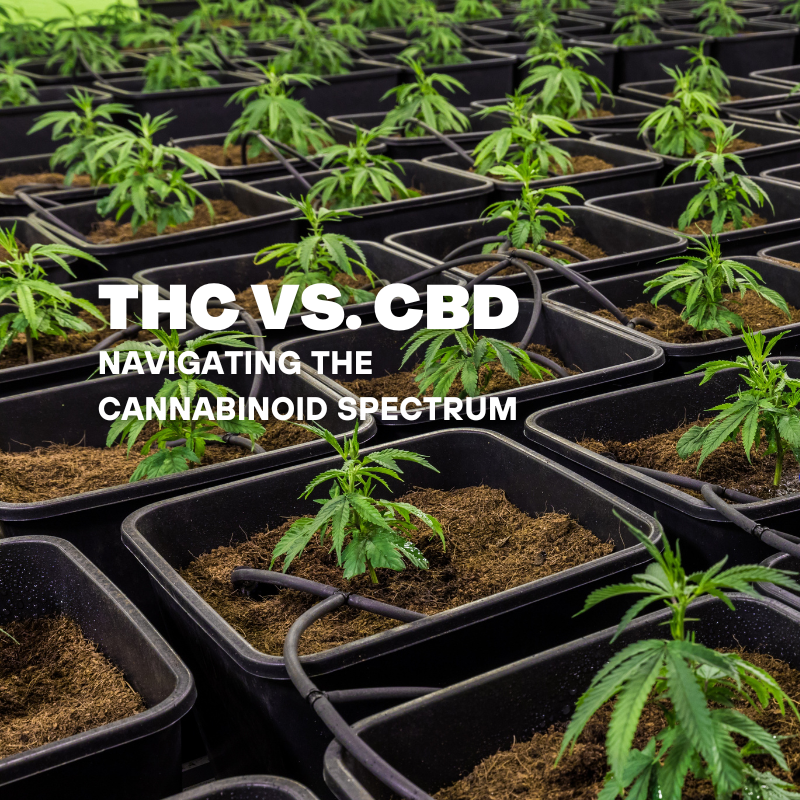The world of cannabinoids is vast and diverse, with THC (tetrahydrocannabinol) and CBD (cannabidiol) standing out as two prominent players. While both compounds are derived from the cannabis plant, they have distinct properties and effects on the body. In this blog, we’ll delve into the differences between THC and CBD, exploring their unique characteristics, potential benefits, and how they interact with the endocannabinoid system.
Understanding THC and CBD:
Chemical Structure:
- THC and CBD are both cannabinoids, but they have different chemical structures. THC is psychoactive, meaning it induces a “high,” while CBD is non-psychoactive and does not produce the same euphoric effects.
Psychoactive Effects:
- THC is renowned for its psychoactive properties, altering perception and inducing a sense of euphoria. This is the “high” commonly associated with cannabis use.
- CBD, on the other hand, does not produce a psychoactive high. It interacts with receptors in the body without inducing the intoxicating effects associated with THC.
Interaction with Endocannabinoid System:
- Both THC and CBD interact with the endocannabinoid system (ECS), a complex network of receptors throughout the body that regulates various physiological processes. However, they interact with different receptors within the ECS.
- THC primarily binds to CB1 receptors, found in the brain and central nervous system, contributing to its psychoactive effects. CBD has a more complex interaction, influencing CB1 receptors indirectly and interacting with CB2 receptors, which are widespread throughout the body.
Potential Benefits:
THC:
- Pain Relief: THC has analgesic properties and may be effective in managing pain.
- Appetite Stimulation: Known for its ability to stimulate appetite, THC is used medically for conditions involving appetite loss.
- Relaxation and Euphoria: The euphoric effects of THC can provide relaxation and stress relief for some individuals.
CBD:
- Anxiety Reduction: CBD has been studied for its potential anti-anxiety effects, offering a calming influence without the psychoactive high.
- Anti-Inflammatory: CBD is known for its anti-inflammatory properties, making it a subject of interest for conditions involving inflammation.
- Seizure Management: CBD has gained FDA approval for the treatment of certain forms of epilepsy due to its anticonvulsant properties.
Choosing the Right Cannabinoid:
Preference and Tolerance:
- Individual preferences and tolerances play a crucial role in choosing between THC and CBD. Some individuals may prefer the psychoactive effects of THC, while others seek the non-intoxicating benefits of CBD.
Medical Considerations:
- Medical conditions and treatment goals influence the choice between THC and CBD. Conditions like chronic pain, nausea, or insomnia may benefit from THC, while anxiety or inflammation may be addressed with CBD.
Entourage Effect:
- Some individuals prefer products that combine THC and CBD, harnessing the potential benefits of both cannabinoids. This approach is based on the entourage effect, where cannabinoids work synergistically to enhance each other’s effects.
In the THC vs. CBD debate, understanding the unique properties of each cannabinoid is key to making informed choices. Whether seeking the euphoric effects of THC or the potential therapeutic benefits of CBD, individuals can tailor their cannabinoid preferences based on personal goals, preferences, and medical considerations. The diverse cannabinoid spectrum offers a range of options for those navigating the world of cannabis and its multifaceted benefits.





